The VELUX Group is using the new paper-based packaging for all its most popular sloped roof windows. This will save up to 900 tonnes of plastic per year and result in easier disposal of packaging waste for customers.
Globally, 300 million tonnes of plastic waste is produced every year, and researchers estimate that 60% of the plastic produced since 1950 has ended up in landfills or the natural environment.
Plastics developed to have a single-use are proven to have a negative impact on biodiversity and the natural environment if they end up in the wrong places.
Instead of plastic, the new window packaging will consist of Forest Stewardship Council (FSC) certified cardboard.
With expanded polystyrene (EPS) plastic components removed, VELUX customers will save time on separating and sorting packaging waste, making disposal processes both more efficient and cheaper.
This transformation has led to a 13% reduction of the carbon footprint of the VELUX Group’s packaging for sloped roof windows and is key to delivering on its overall sustainability strategy target to make its packaging single material, zero plastic and 100 percent recyclable by 2030.
It also marks the first step in an extensive sustainable transformation of how the VELUX Group does business and what products and solutions it brings to the market.
“At VELUX, we are committed to doing our part to achieve a more sustainable future, by putting the planet and nature at the heart of our product decisions. Our packaging is an important component of our products and must therefore also be as environmentally friendly as possible. We’re proud to be significantly reducing the amount of plastic we use to package and protect our roof windows. It’s an important step towards achieving what we call the ‘Green our packaging’ sustainability target”, said Tina Mayn, Senior Vice President Products, VELUX Group.
You can read more on VELUXs sustainability strategy for 2030 here.
 Oana Coșman
Oana Coșman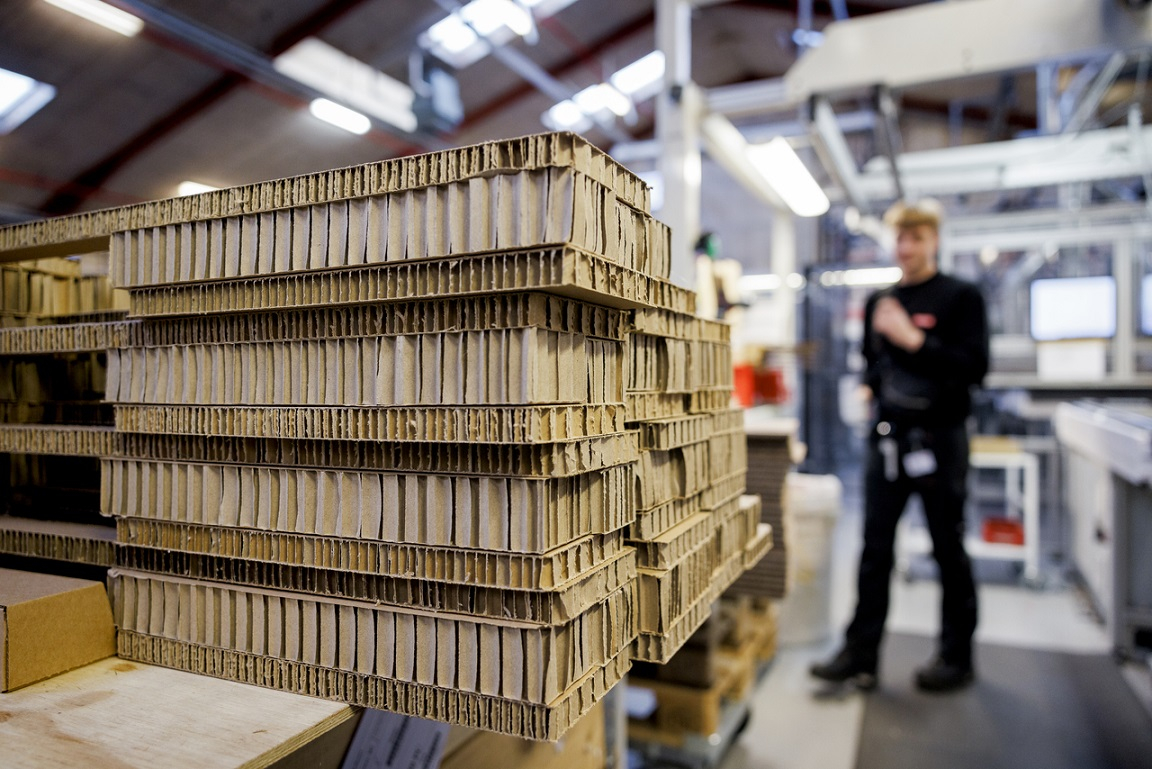








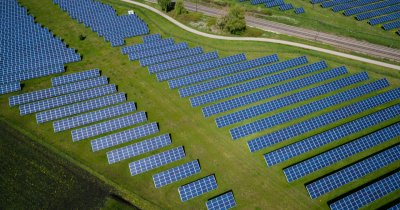
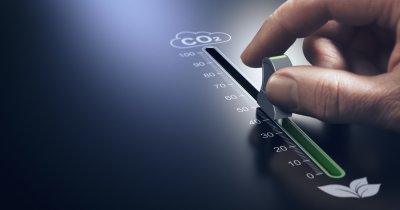
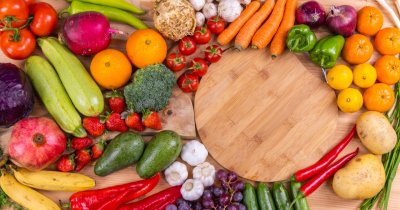
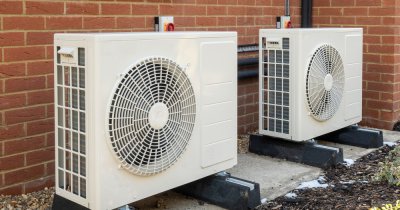
Any thoughts?